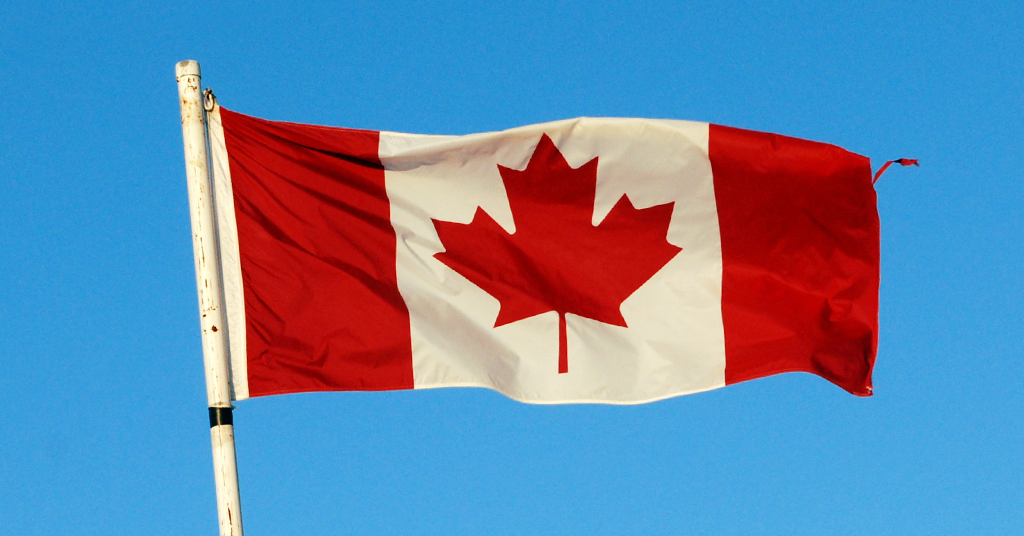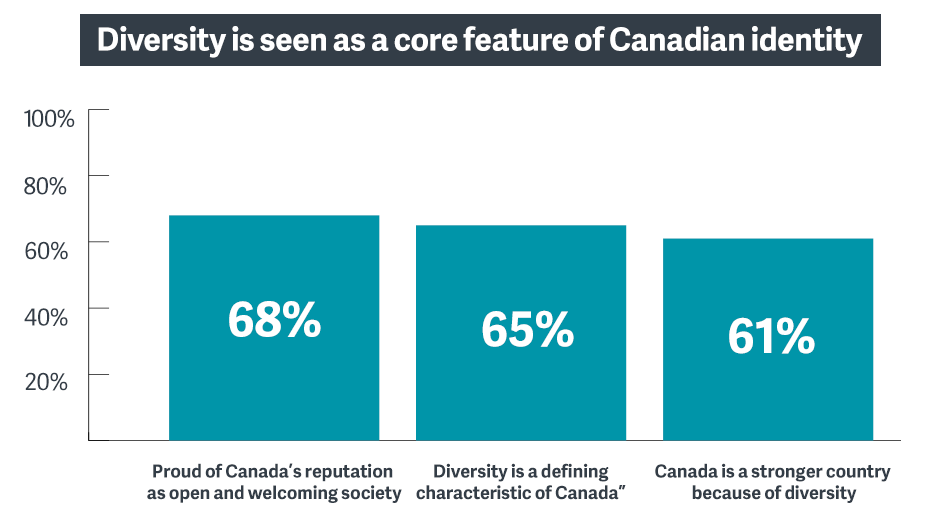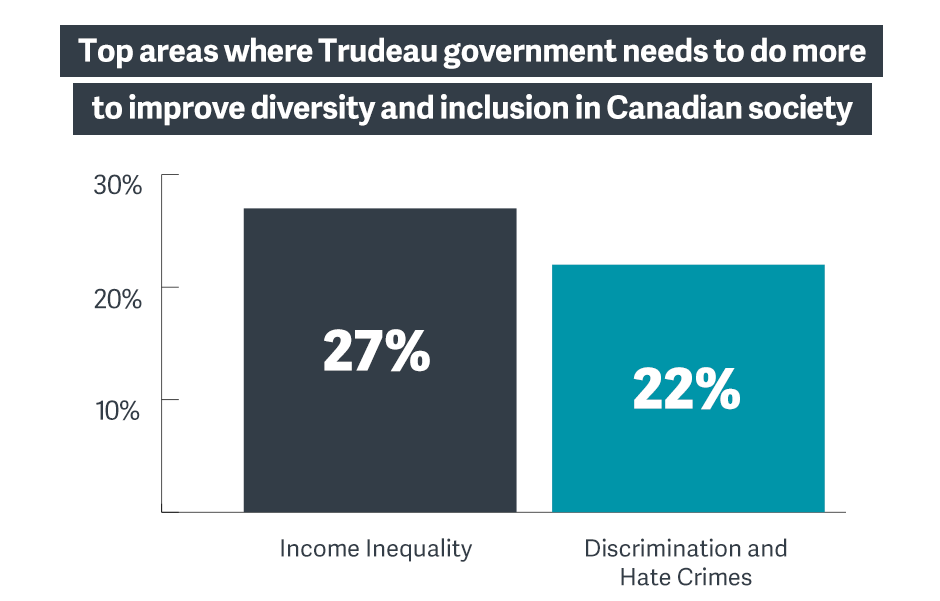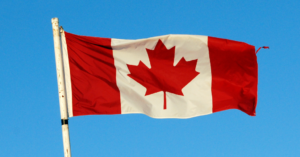
‘Inequality’ and ‘Hate’ are Now Seen as Top Threats to Canadian Society, Internal Report Says
Trudeau government told income inequality, discrimination and hate crimes are seen as biggest threats to Canada‘s social fabric
Canadians overwhelmingly believe that diversity is a good in and of itself – in fact, it’s one of the top things that makes Canadians “proud” to be Canadian.
But in the shadow of growing inequality and the rise of far-right extremism, Canadians now rank divisive social and economic forces as the top threats to the idea of an inclusive and diverse Canadian society.
According to internal public opinion research conducted by the Privy Council Office last September and published this month, over two-thirds of Canadians said they’re “proud of Canada’s reputation as an open and welcoming society” (68%).
Around the same number said “diversity is a defining characteristic of Canada” (65%) and agreed “Canada is a stronger country because of diversity” (61%).

Privy Council Office
When asked where they need to do more work, half Canadians told Justin Trudeau’s Liberal government it isn’t doing enough to confront the forces generating social and economic divisions in Canadian society.
Overall, one-in-four Canadians identified “income inequality” (27%) as the top area where the government needs to do more work to promote an inclusive society.
That’s followed by one-in-five Canadians who identified “discrimination and hate crimes” (22%) as their top area of concern.

Source: Privy Council Office
Those who identified “income inequality” as their top concern were more likely to have lower levels of education or be located in Atlantic Canada, although more than one-in-four Canadians identified inequality as an issue in Ontario, Quebec, British Columbia and Alberta too.
Discrimination and hate crimes were identified as issues in the Prairies as well as Ontario and BC. Non-white Canadians were twice as likely as white Canadians to identify this as their top area of concern.
That should come as little surprise: 56% of Canadians have directly “experienced discrimination in Canada.”
The research also offers hints of alienation among older Canadians. While the vast majority of Canadians 55 years and older say they fully embrace diversity, suspicion towards “immigrants” and “minority groups” is statistically higher in this age bracket – as well as concerns about addressing “immigrant integration.”
And while the research shows the Canadians from all walks of life have regular interactions with people from different backgrounds, those interactions skewed lower than average among Canadians 55 years and older.
In fact, Baby Boomers were more likely than the average Canadian to say they “no longer know what it means to be Canadian,” a sentiment Millennials strongly reject.
Our journalism is powered by readers like you.
We’re an award-winning non-profit news organization that covers topics like social and economic inequality, big business and labour, and right-wing extremism.
Help us build so we can bring to light stories that don’t get the attention they deserve from Canada’s big corporate media outlets.
Donate



